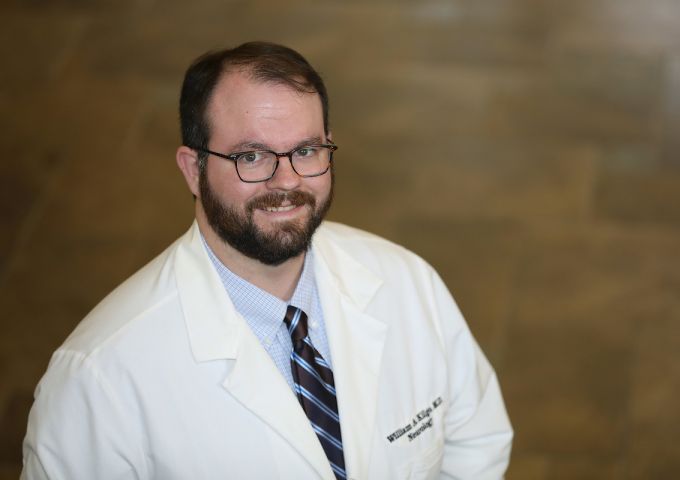
Cancer and DNA damage: Discovery by USA scientists may improve patient outcomes
An article about the “breakthrough research” was published in the October issue of the scientific journal Cell Reports.
By Brittany Otis
[email protected]
A discovery made by USA College of Medicine scientists may provide further understanding of genes and factors that cause cancer, its relation to DNA damage and provide better treatment options for patients.
An article about the discovery recently was published in the scientific journal Cell Reports. It explores how the human genome constantly is damaged by environmental and cellular products, which could lead to cancer if not properly repaired. The study also delves into treatments for DNA damage and repair. The article, written by Robert W. Sobol, Ph.D., professor of pharmacology at the USA College of Medicine and chief of the Molecular & Metabolic Oncology Program at the Mitchell Cancer Institute (MCI) and coauthors, appeared in the October 2021 issue.
Genomes, comprised of DNA, are a complete set of genetic instructions. Each genome contains all the information needed to build an organism and allow it to grow and develop. It is critical for cells to keep the genome intact. This is the main function of more than 200 genes that are part of the cellular pathways governing DNA damage and repair.
One cellular pathway, the base excision repair pathway, monitors the genome for small DNA lesions and repairs it if needed. This process occurs close to 20,000 times per cell, per day. Failure to repair these lesions could lead to mutations that could cause cancer. Several proteins that control the base excision repair pathway, known as poly (ADP-ribose) polymerase 1 (PARP1) and poly (ADP-ribose) polymerase 2 (PARP2), are targets for drugs used to treat cancer.
The goal of the study is to learn more about these critical proteins and how they respond to DNA damage.
“This breakthrough research uses state-of-the-art microscopy and genetic techniques to follow the movement of key base excision repair pathways and the response to damage, which could be beneficial for patients,” said Sobol. “Future studies can build on this discovery as we continuously work to identify additional genes and factors that are defective or that may be considered biomarkers of response related to cancer.”
The Molecular & Metabolic Oncology Program at the Mitchell Cancer Institute focuses on the cellular mechanisms of DNA repair and metabolism and how these processes impact cancer development and the response to cancer treatments.
Study co-authors from the USA College of Medicine and the MCI include Christopher A. Koczor, Ph.D., instructor of pharmacology; Jennifer Clark, Ph.D., instructor of pharmacology; Marie E. Migaud, Ph.D., professor of pharmacology; Jianfeng Li, Ph.D., assistant professor of pharmacology; Joel F. Andrews, Ph.D., manager of the MCI Cellular and Bimolecular Imaging Facility; Steve McClellan, manager of the MCI Flow Cytometry Facility; Qingming Fang, Ph.D., assistant professor of pharmacology; and Kate Saville, Md Ibrahim and Rasha Al-Rahahleh, USA College of Medicine graduate students.




